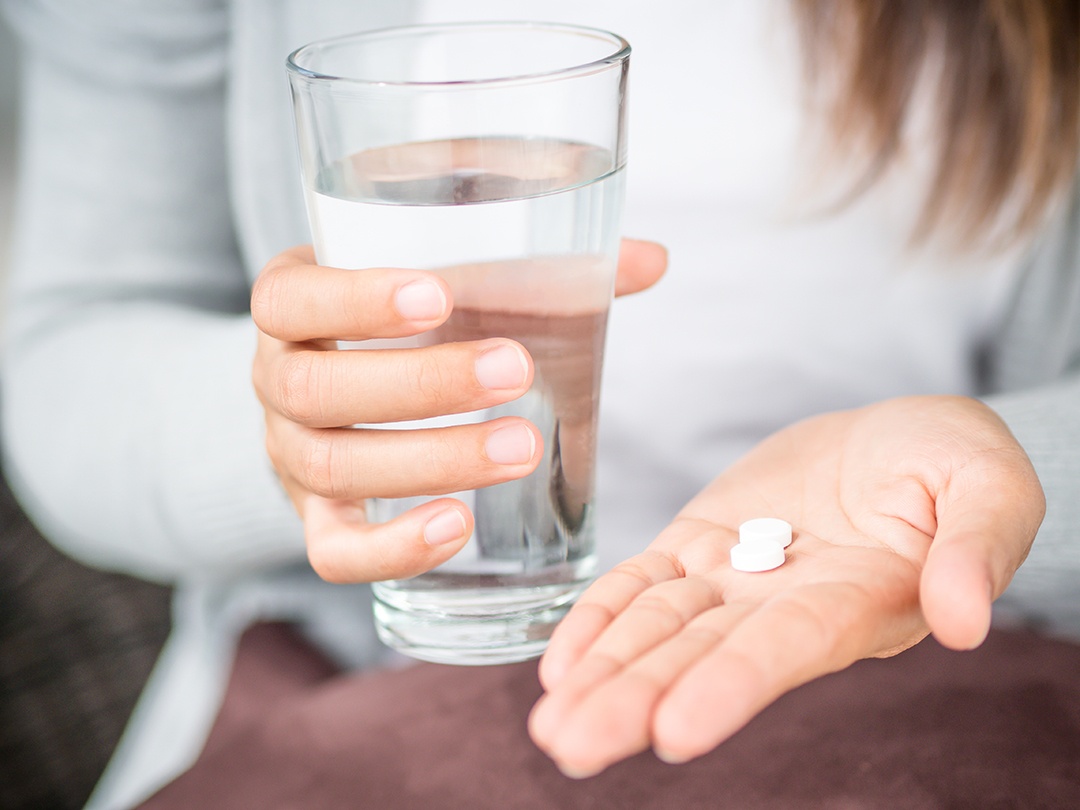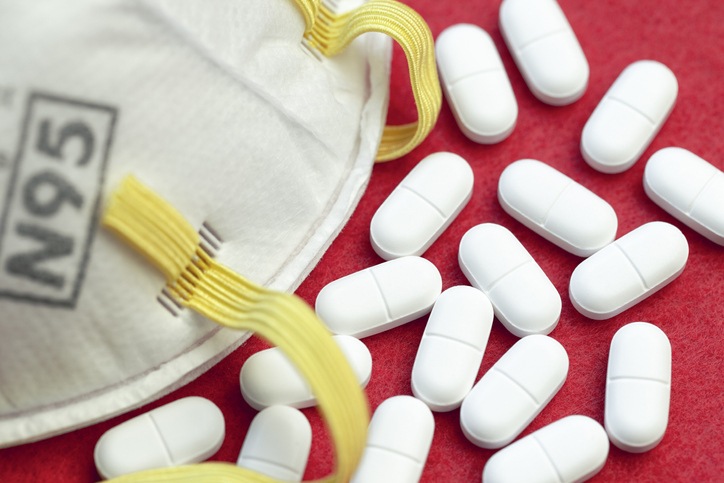
For patients undergoing total hip arthroplasty (THA) and total knee arthroplasty (TKA), an extended oral antibiotic prophylaxis protocol after surgery significantly lowered periprosthetic joint infection (PJI) rates at one year. This was true even among patients with a high risk of infections.
The study included nearly 4,000 patients and extends an earlier analysis of a smaller group of patients who received extended prophylaxis and were followed for 90 days conducted by R. Michael Meneghini, MD, director of the Indiana University Health Hip and Knee Center, and colleagues.
In the present study, researchers examined postoperative PJI rates in a total of 3,862 primary THAs and TKAs performed between 2011 and 2019 at a suburban academic hospital. In 2015, the hospital implemented a seven-day oral antibiotic prophylaxis protocol after discharge for patients considered at high risk for developing PJI.
Patients were categorized into one of three groups: those not at risk for PJI per protocol and were not given extended oral antibiotic treatment; those at risk for PJI per protocol but were not given extended oral antibiotic treatment because the protocol was not in place; and those at risk for PJI who received extended oral antibiotic prophylaxis per protocol.
The overall rates of PJI within one year were 0.8% for TKA and 2.3% for THA. Patients who did not receive extended antibiotic prophylaxis were 3.1 and 3.2 times more likely to develop PJI after TKA and THA, respectively, than those who did receive extended antibiotics.
The authors noted that the seven-day course of oral antibiotics reduced the risk of PJI to the point that PJI risk among high-risk patients was even lower than that observed among low-risk patients (0.9% vs. 1.3%).
In addition, the data revealed that a one-week supply of extended oral antibiotic is a cost-effective intervention, with a number needed to treat 57 patients to prevent one PJI.







 © 2025 Mashup Media, LLC, a Formedics Property. All Rights Reserved.
© 2025 Mashup Media, LLC, a Formedics Property. All Rights Reserved.